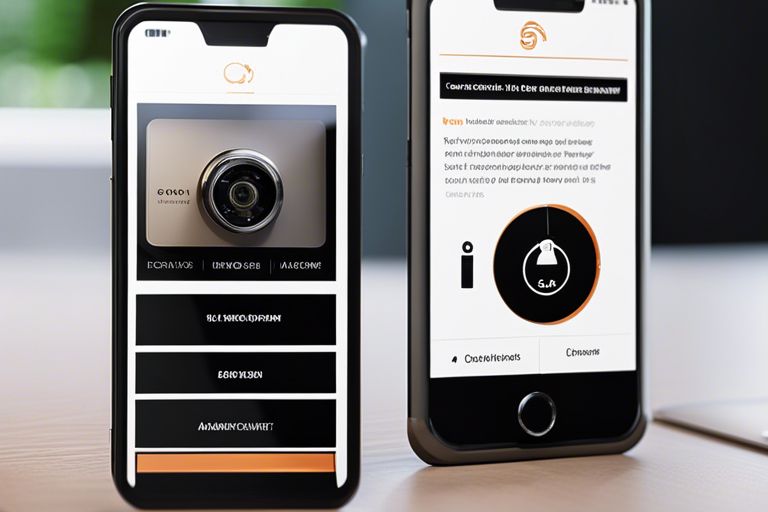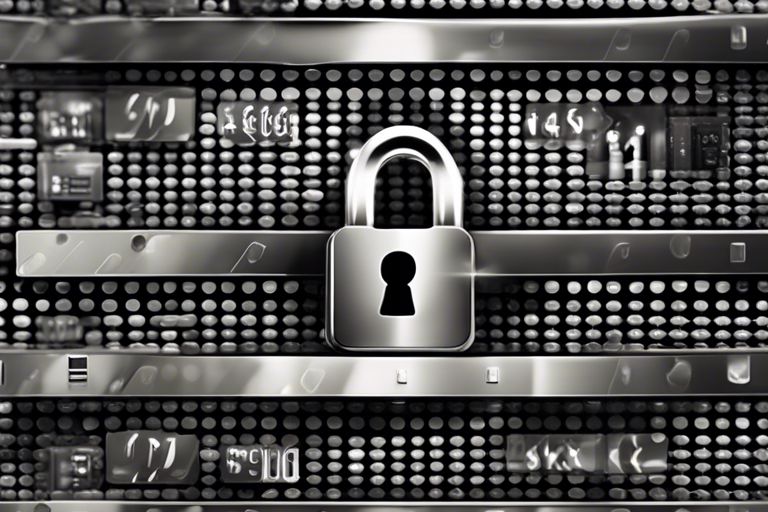The Rise of Remote Work
In recent years, remote work has become increasingly popular. With technological advancements and the current global pandemic, more and more people are working from the comfort of their homes. While remote work offers numerous benefits, such as flexibility and increased productivity, it also comes with challenges, particularly regarding cybersecurity.
The Importance of Cybersecurity for Remote Workers
Working remotely means that employees access company data and systems outside the traditional office environment. This opens up new vulnerabilities and risks that cybercriminals can exploit. Remote workers must take the necessary precautions to protect themselves and their organisations from cyber threats.
Must-Have Cybersecurity Tools
1. Virtual Private Network (VPN): A VPN creates a secure connection between a remote worker’s device and the company’s network. It encrypts internet traffic and prevents unauthorised access to sensitive data.
2. Multi-Factor Authentication (MFA): MFA adds an extra layer of security by requiring users to provide multiple forms of identification, such as a password and a unique code sent to their mobile device.
3. Antivirus Software: Remote workers should have reliable antivirus software installed on their devices to detect and remove malware, viruses, and other malicious threats.
4. Password Manager: A password manager helps remote workers create and store strong, unique passwords for different accounts. This reduces the risk of password-related attacks.
5. Email Encryption: Encrypting emails ensures that the content is only accessible by the intended recipient. This is particularly important when sending sensitive information.
Additional Security Measures
In addition to using cybersecurity tools, remote workers should also follow best practices to enhance their security:
- Regularly update software and devices to patch any security vulnerabilities.
- Be cautious of phishing emails, and avoid clicking on suspicious links or downloading attachments from unknown sources.
- Use a secure and private Wi-Fi network when working remotely.
- Enable automatic backups to protect important files and data.
- Stay informed about the latest cybersecurity threats and trends.
Conclusion
As remote work continues to grow in popularity, remote workers need to prioritise cybersecurity. By utilising the must-have cybersecurity tools and following best practices, individuals can significantly reduce the risk of falling victim to cyber threats. Remember, a secure remote work environment is a productive one.






